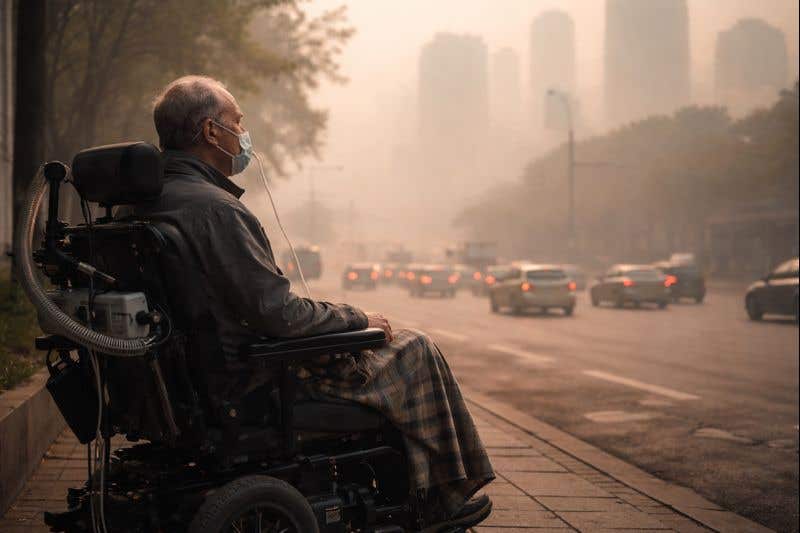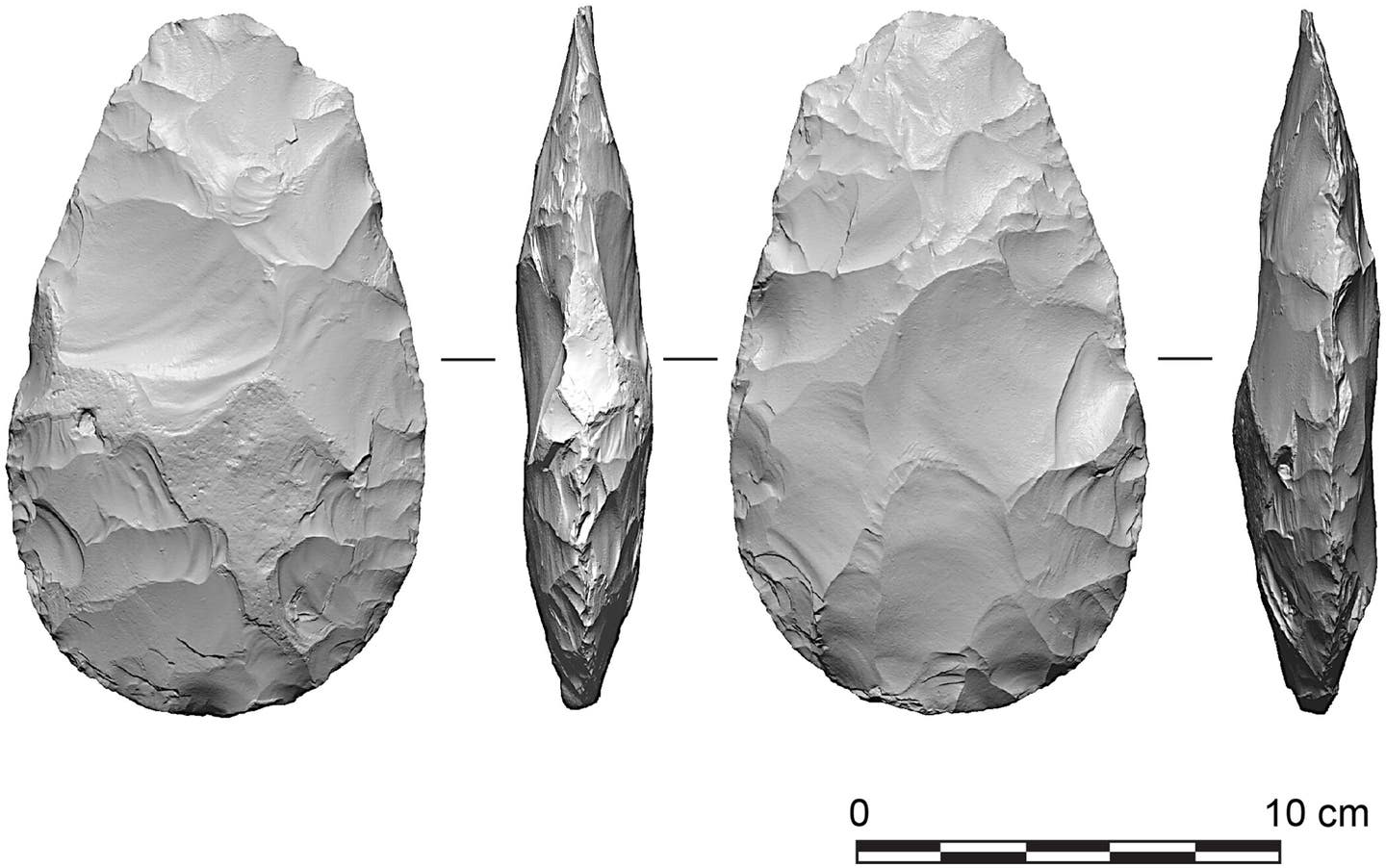Drinking coffee linked to lowered frailty risk in later life
A seven-year study of older adults finds that regular coffee consumption may lower the risk of frailty, offering new insights into healthy aging.

A new long-term study suggests that your daily brew may also protect against something far more serious—frailty in later life. (CREDIT: Shutterstock)
Coffee is often seen as a morning ritual, a way to spark energy and focus. But a new long-term study suggests that your daily brew may also protect against something far more serious—frailty in later life. Frailty is a medical condition tied to weight loss, weakness, low activity, exhaustion, and slower walking speed. It often signals declining independence, making prevention a key concern as populations age.
Coffee and Frailty: What the Research Shows
A team of researchers tracked 1,161 adults aged 55 and older as part of the Longitudinal Aging Study Amsterdam. Over seven years, participants shared details of their midlife and current coffee habits. The scientists then examined how these habits linked with frailty risk.
The findings, published in the European Journal of Nutrition, show that people who drank between four and six cups of coffee each day had lower odds of developing frailty. Those who consumed even more showed a similar protective effect. With one cup measured at 125 milliliters, that’s a range close to the European Food Safety Authority’s safe daily limit of 400 milligrams of caffeine, or three to five cups.
The research stands out because it did not only look at overall frailty but also at the individual components behind it. By measuring everything from muscle strength to walking speed, the team built a detailed picture of how coffee may interact with the body as it ages.
Why Coffee Might Help Protect Against Frailty
Coffee contains a wide mix of biologically active compounds, including antioxidants. These molecules help reduce inflammation, which plays a central role in muscle loss, weakness, and age-related decline. Antioxidants may also protect muscle fibers from damage and improve recovery after stress.
Another possible explanation involves coffee’s effect on insulin sensitivity. By supporting better glucose control, coffee could help older adults maintain energy levels and avoid metabolic issues linked to frailty. Improved circulation and reduced risk of inflammatory disease have also been suggested as benefits. Together, these effects build a strong case for coffee as more than just a stimulant. Instead, it appears to act like a protective dietary tool, reducing risks that can slowly undermine independence with age.
A Seven-Year Look Into Daily Habits
One strength of the study is its focus on both current and past coffee habits. Participants were asked to recall how much they drank in midlife, between the ages of 40 and 65. That data was compared with their current intake after age 55. Frailty risk was then measured using Fried’s five-component frailty phenotype, a widely used clinical tool. Meeting three or more of the five criteria—weight loss, weakness, exhaustion, slowed walking, and low activity—was considered frailty. Meeting one or two was classified as pre-frailty.
Related Stories
- New research links common dietary fat found in eggs to fast-growing breast cancer
- Why grapes are the superfood powerhouse your diet needs now
The researchers applied a range of statistical models, including generalized estimating equations, Cox proportional hazards models, and logistic regression. These methods allowed them to separate the role of coffee from other lifestyle factors. The result was a clear signal: higher habitual coffee consumption aligned with lower odds of frailty, both in prevalence and incidence over time.
Voices From the Research
Margreet R. Olthof, lead author and Associate Professor at the Amsterdam Public Health Research Institute, highlighted the broader meaning of the results.
“Drinking coffee is a key part of many people’s daily routine, and as people age they are constantly looking for ways to maintain their health. Our findings highlight the possible beneficial association between daily coffee consumption and reduced risk of frailty in later life in the older population", she said.
She then continued, "Coffee consumption may thus enhance healthy aging, but it is important we also explore further dietary interventions, to ensure older adults can continue to live fulfilling lives.”
Her comments underline an important point: coffee may not be the only answer. A mix of good diet, activity, and other lifestyle choices will always matter. But for millions already committed to their daily brew, the news adds a fresh reason to keep filling the cup.
Coffee and Healthy Aging
This study builds on earlier research linking coffee to a lower risk of age-related conditions. Past findings suggest coffee helps preserve memory and attention, reduces inflammation, and protects against chronic disease. Each of these factors feeds into the bigger picture of healthy aging.
The idea of “healthy aging” is not just about living longer but living better. It means staying active, mobile, and independent for as long as possible. Since frailty often marks a tipping point in older life, delaying or preventing it is a major public health goal. Coffee, according to this study, may play a helpful role.
Safe Amounts and Practical Takeaways
While the results are promising, moderation remains important. The European Food Safety Authority points to 400 milligrams of caffeine as a safe upper daily limit. That equals about three to five standard cups. Beyond this, caffeine can cause sleep problems, anxiety, or heart palpitations in sensitive people.
For many older adults, the sweet spot may be in the range highlighted by the study: four to six small cups a day. Of course, coffee is not for everyone, and those with certain conditions may need to limit intake. Decaf coffee, which still contains antioxidants though less caffeine, could offer similar protective effects without overstimulation.
The Bigger Picture
Frailty affects millions worldwide, and its impact goes beyond health. It raises healthcare costs, reduces quality of life, and increases dependence on caregivers. Any low-cost, widely available dietary option that reduces risk deserves attention. Coffee fits that description.
At the same time, the study’s authors stress the need for more research. This is the first work to directly link coffee to the underlying components of frailty. Future studies may reveal whether other dietary habits, like tea consumption or protein intake, combine with coffee for even greater protection.
For now, the message is simple: the cup of coffee you drink each morning might be doing more than waking you up. It may be quietly helping you hold on to strength, independence, and resilience as you grow older.
Note: The article above provided above by The Brighter Side of News.
Like these kind of feel good stories? Get The Brighter Side of News' newsletter.



